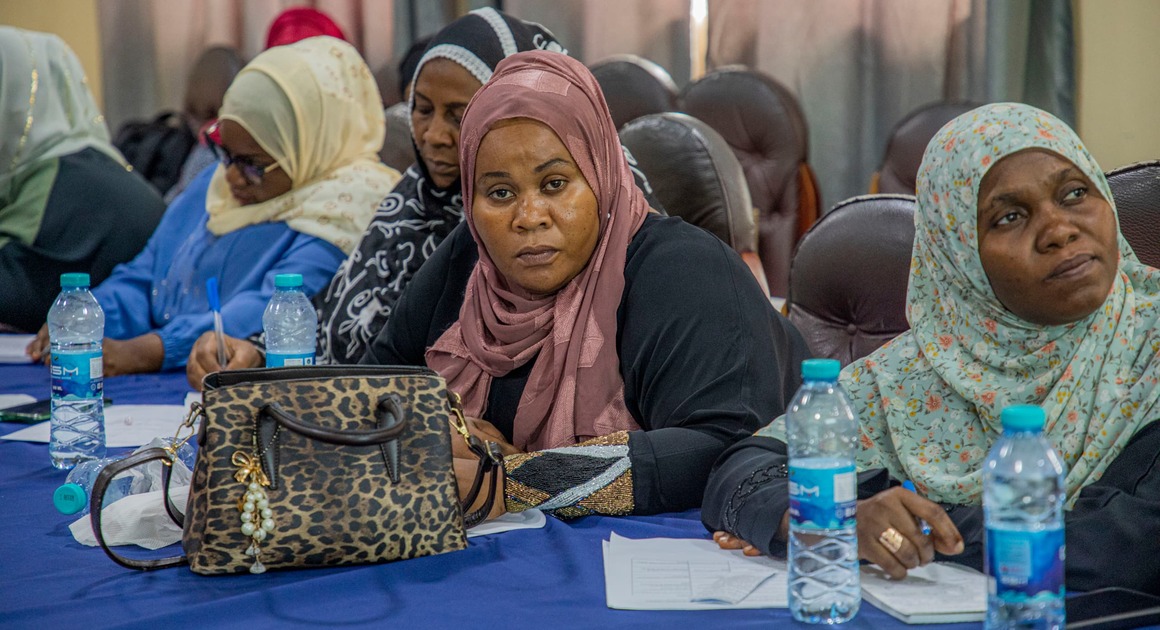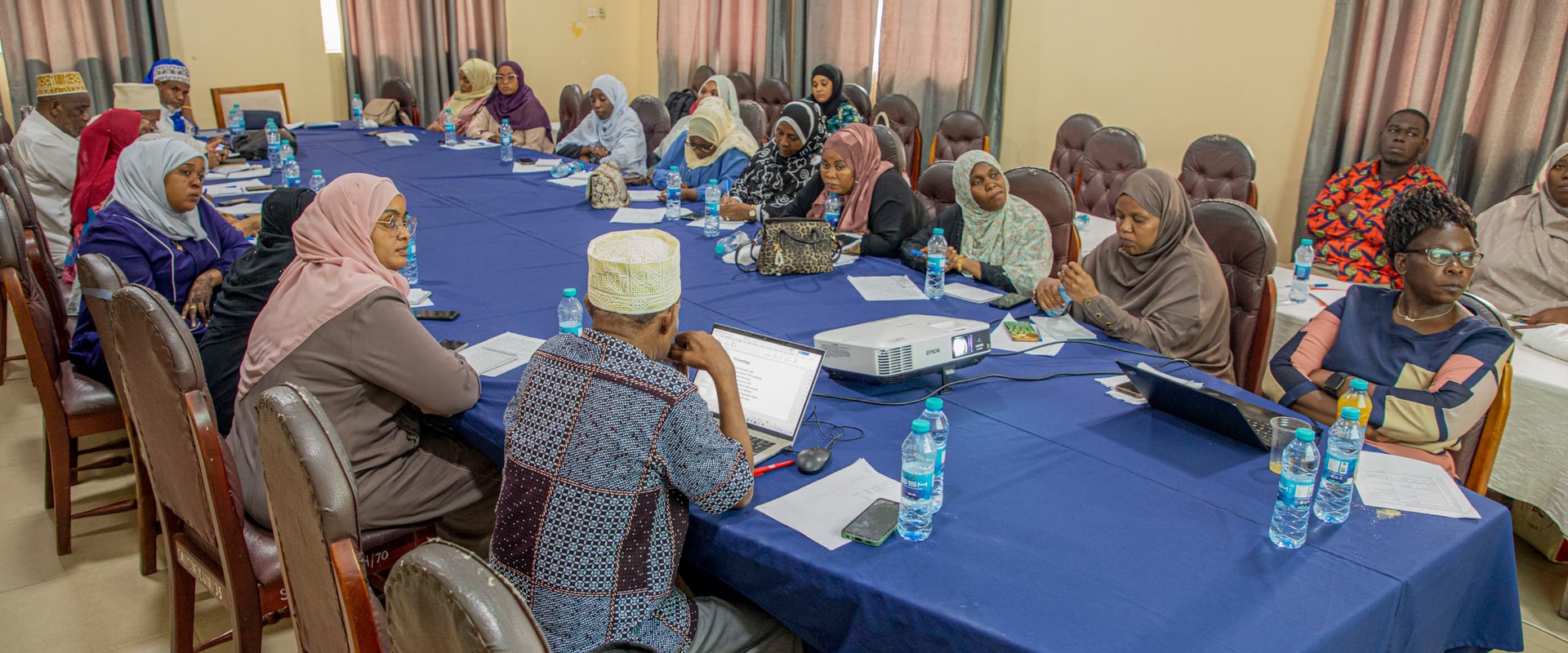-
Tags (10)
- Tanzania
- Swedish Municipal Workers Union
- PSI
- Africa & Arab Countries
- English-speaking Central, East and West Africa
- DGB Bildungswerk
- Other Sector
- Gender Equality and Equity
- Ratify ILO Convention C190 on the elimination of violence and harassment in the world of work
- Zanzibar Federation of Public Service Unions

Everline Aketch
-
Tags (10)
- Tanzania
- Swedish Municipal Workers Union
- PSI
- Africa & Arab Countries
- English-speaking Central, East and West Africa
- DGB Bildungswerk
- Other Sector
- Gender Equality and Equity
- Ratify ILO Convention C190 on the elimination of violence and harassment in the world of work
- Zanzibar Federation of Public Service Unions
DGB Project Advancing Gender Equality and Safe Workplaces
In the spirit of promoting gender-responsive public services and workplaces free from violence, public sector unions in Zanzibar made significant strides during a two-day workshop held on 25–26 April 2025. Hosted under the broader umbrella of Public Services International (PSI)'s East Africa Gender Equality Project, the workshop was sponsored by Union-to-Union (Kommunal and ASSR, Sweden. It convened 24 dynamic participants, with women making up over 80% of the participants. It was a powerful testament to a movement steadily rewriting the narrative of women's leadership and safety in the workplace.
Women no longer wait for opportunities—they create them
Building Courage, Changing Culture
The workshop spotlighted a transformative journey that began in 2023, when targeted gender equality interventions ignited change across sectors.
Testimonies from participants revealed a 20% surge in women contesting for leadership roles—a remarkable leap against the historical barriers of patriarchy, cultural expectations, and religious interpretations. "Today, we stand taller," said one union leader. "Women no longer wait for opportunities—they create them."
Beyond leadership, the workshop captured a cultural shift: more women are reporting cases of workplace harassment and violence. No longer silent, participants celebrated new-found agency challenging what was once accepted as “the norm.”
Linking Gender, Safety, and Workers' Rights
The discussions in Zanzibar emphasised the deep intersections of gender equality, occupational safety and health (OSH), and the elimination of gender-based violence (GBV).
Participants critically examined workplace realities in health, education, agriculture, and administration sectors, exposing persistent hazards such as:
Inadequate personal protective equipment (PPE),
Verbal abuse and body shaming,
Nepotism in training and promotions,
Poor grievance mechanisms.
These issues, they agreed, are not isolated problems—they reflect systemic gaps that demand urgent action grounded in ILO Conventions C190, C155, C161, C183, C156, and C111.
Advocacy for Change: Beyond the Workshop
The energy generated during the two days translated into a collective commitment to sustain the movement beyond donor funding.
Among the notable actions planned:
Institutionalizing training on gender equality, OSH, and workers' rights at union level,
Embedding clauses on workplace safety and anti-GBV in collective bargaining agreements (CBAs),
Advocating for the ratification and implementation of C190 (Violence and Harassment), C155 (Occupational Safety and Health), and C161 (Occupational Health Services),
Establishing workplace breastfeeding spaces and safer grievance systems.
Significantly, participants pledged not only to change their unions but to influence national discourse pushing for reforms in public sector practices that better serve women and marginalized workers.
A Movement Rooted in the Theory of Change
The Zanzibar workshop stands as a model of how empowered individuals can strengthen unions, improve workplaces, and spark systemic change.
By linking personal empowerment, union transformation, and national advocacy, the participants are shaping a future where workplaces across Zanzibar — and beyond — are truly inclusive, safe, and just.
The work continues. But thanks to the dedication of these unionists, Swedish affiliates under Union-to-Union collaboration- Kommunal and ASSR, the seeds of gender equality and dignity at work have firmly taken root.

Today, we stand taller

Participants at the workshop